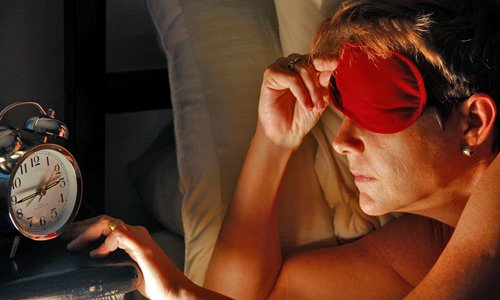|
This post was submitted by contributor Adam Lloyd. Even if you don’t eat very well, while you may be a little or very overweight, you can still expect to live around 65-75 years. But if you don’t sleep, you’ll likely only last a few weeks at best. The Guinness World Record for sleep deprivation is just 11 days. So yes, sleep is essential to optimal health and survival. And yet, most busy professionals and busy people like celebrities, athletes, and university students sleep less than ever before? WHY? Although many of us may feel that work demands a lot of our attention or that we can’t get our brains to shut off, the real reason for lack of sleep is rarely long work hours or physiologic abnormalities. Instead, indeed most people lose sleep due to voluntary bedtime delay. We cut back on sleep because WE CHOOSE TO! We watch TV. We browse the internet. We go out with friends. This voluntary bedtime delay is something found only in modern society. The average American slept nearly 9 hours each night a century ago. If we were to remove forms of artificial stimulation and excessive work/life demands, humans would likely sleep for about 8 hours per night, based on the natural sleep/wake cycle of the brain. Whether it’s kids, shift work, being a high profile celebrity with a busy nightlife, or those damn raccoons in the garbage again at 3am - there’s many obstacles (some invited, some not), to getting a good night sleep. While we know quality of sleep matters more than quantity, here’s the real kick in the pants, we can’t always control how much or how well you sleep. But you can take charge of your sleep routine and control your sleep behaviours, which dramatically improve your chances of good, restful zzz’s. We have many clients at ALP that fall into these traps and we teach and guide them through specific strategies (outlined below) that provide significant benefits to the individual (and their significant other). Ever tried living with someone that sleeps 3 hours per night? Doesn't usually equate to a “good morning”.
Thus, finding a suitable sleeping strategy needs to be part of your healthy living and good nutrition routine. We live in a busy world, but it’s our choice whether we’re a victim of it. Here are 8 factors we help our client’s consider when evaluating the quality of their sleep. If you’re not doing these, pick the one you feel most confident adding to your lifestyle and when it feels like it’s a consistent habit, pick another area and integrate it.
* BONUS TIP: “My Trigger” to cascade my sleep-time routine I do a “Brain Dump” when I’m ready to wind down about 1 hour before I plan to sleep. I take out my journal, and write down a few things:
Whether it’s planning for tomorrow, thinking over stuff that happened earlier, or just thinking about nothing in particular - it’s easy to let the "brain hamsters" run in their wheel as we lie there staring at the ceiling. I used to do this all the time. After my brain dump, my mind is clear and I can simply drift off comfortably with no stress and it has made a HUGE impact on my sleep quality. THE TAKEAWAY: If you want to optimize your health, sleep matters. Make good sleep a priority, just like the rest of your healthy habits. If you are concerned about your sleep quality and quantity, start by figuring out if your sleep is adequate. Are you getting 7-9 hours each night? If not, why? Is it due to poor sleep hygiene, medications, or another negative habit? Get to the root of the problem, evaluate your lifestyle habits, and start reaping the benefits of adequate sleep time. At the ALP Training Institute, we believe in helping people live an active lifestyle and improve their performance, defined by them, so they may live a more fulfilled and happy life. Interested in finding out more about how we help our clients do that? Check out our website www.alptraininginstitute.com or contact us today at [email protected] or 289-246-9000 to book a free, no obligation consultation to discuss what you’d like to achieve and how we can help. |
Archives
September 2019
|
Copyright © 2024 Saverina PR. All rights reserved.


